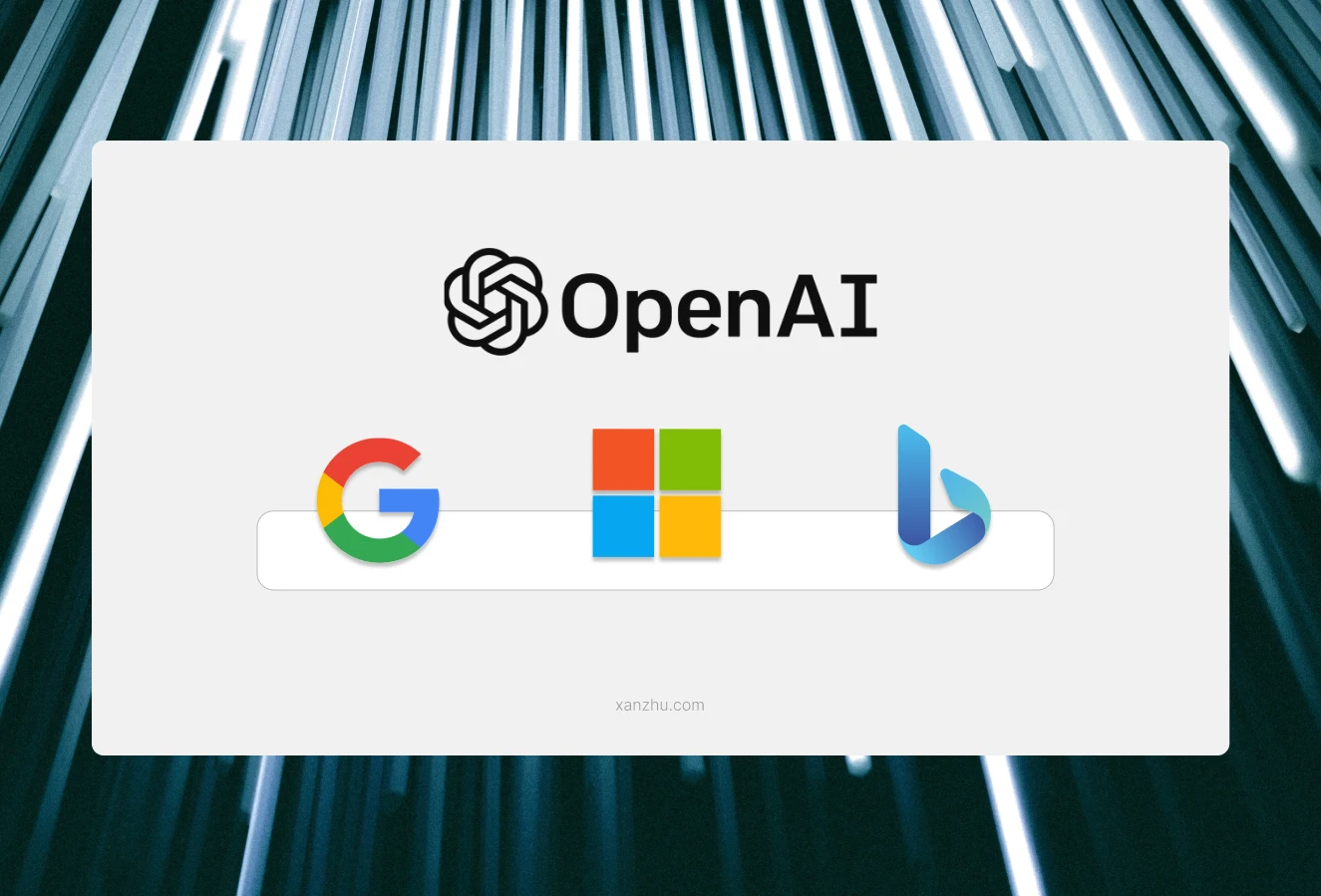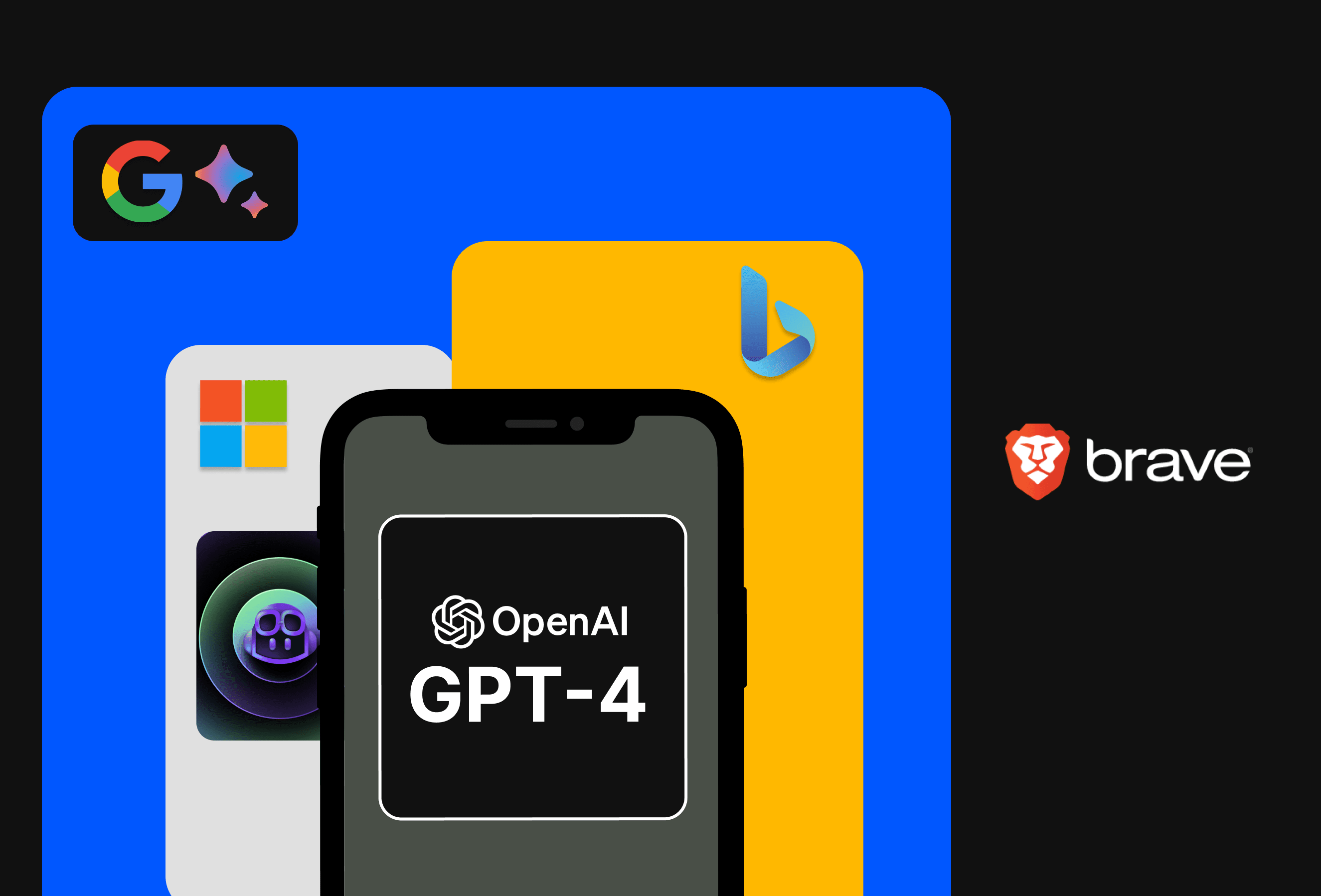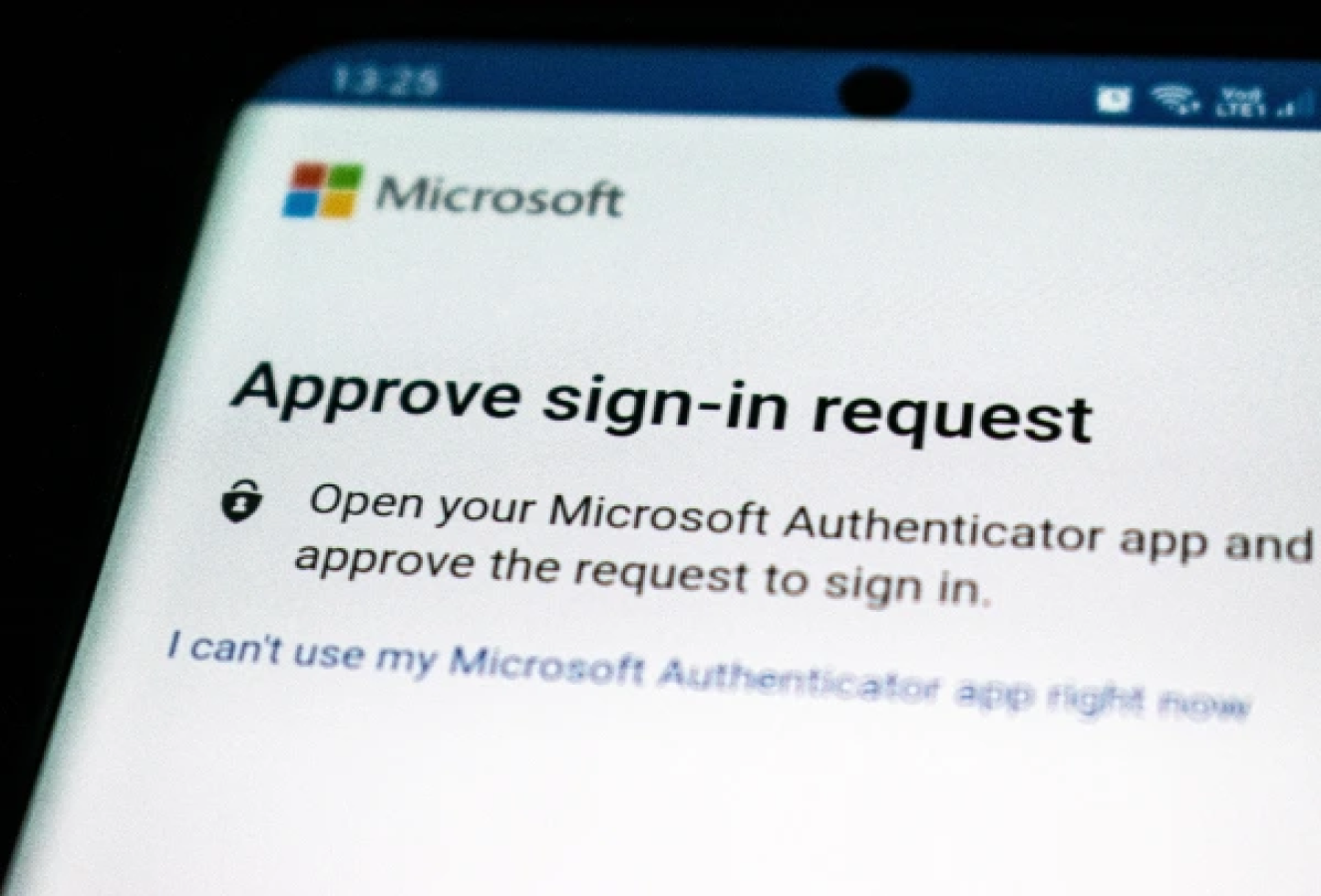A shift is happening right now, with major search engines such as Google and Bing investing heavily in AI technologies that will change how we search the internet. Taking search engines to the next level by allowing for quick answers without the need to search countless pages to find an answer.
Searching the web has been as simple as typing in what you want and being given a list of results related to what has been asked. At the start of the internet's dot com era, web results were curated by users in their directories and contained a few links. The problem we're facing now is there's simply too much data for us to process and find the information needed. Searching for anything will provide you with billions of results, and that's where a shift is taking place to provide search to the next generation
Artificial Intelligence
Artificial Intelligence, or AI, is where our future is heading. Systems will be able to run 24/7, providing minimal downtime and reducing human error. Most AI solutions at present will aim to solve a specific task and improve efficiency. ChatGPT does this by providing you with information quickly without the need to search the web, with the added ability to converse with this AI back and forth to gain further understanding and clarity.
has been around since November 2022, developed by OpenAI, allowing for human-like interactions trained through data collected on the internet.
Having the option to communicate ideas, questions, or thoughts with an AI is a strange but often helpful experience. Based on its training dataset, which mostly covers information until 2021, the AI is generally accurate. However, as it is a research preview, there are still many bugs and limitations to its answers, such as refusing to answer specific questions or giving inaccurate calculations.
has been continuously improving the software to address the issues that users have been experiencing.
The capabilities of ChatGPT have been demonstrated by users getting answers to coding problems, solving complex theory tests, and even writing essays for students. This has been a common concern for universities and schools, leading to the technology being banned entirely instead of adapting the existing curriculum and using ChatGPT as a tool for learning and gaining understanding, similar to having a tutor with the ability to chat and answer questions.
Microsoft invested heavily in OpenAI to make use of technology like ChatGPT, investing 10 billion. This investment allows them to integrate this technology directly into their search engine, and other products.
There is potential for a war in AI technologies as Google recently announced that they will be introducing their adaptation of ChatGPT, called Bard, which is currently being tested with a public release expected in the next few months.
The possible difference with Google's AI model is the focus on safety and providing accurate information, as they recently invested in a startup called Anthropic that has developed an alternative to ChatGPT called Claude. Given the amount of data and resources this model will likely be trained on, it is important to consider ethical standards as a factor in the slow release of this technology. Find more information on
Both industry giants jumping on this technology early suggests that we will see significant improvements across their services and how we search, as well as future software development.
As this technology is integrated into various industries, it won't be uncommon for companies to release their chatbots or services powered by AI. One significant change this technology could bring is the improvement of chat assistants, an area where Apple could invest heavily to enhance Siri.


